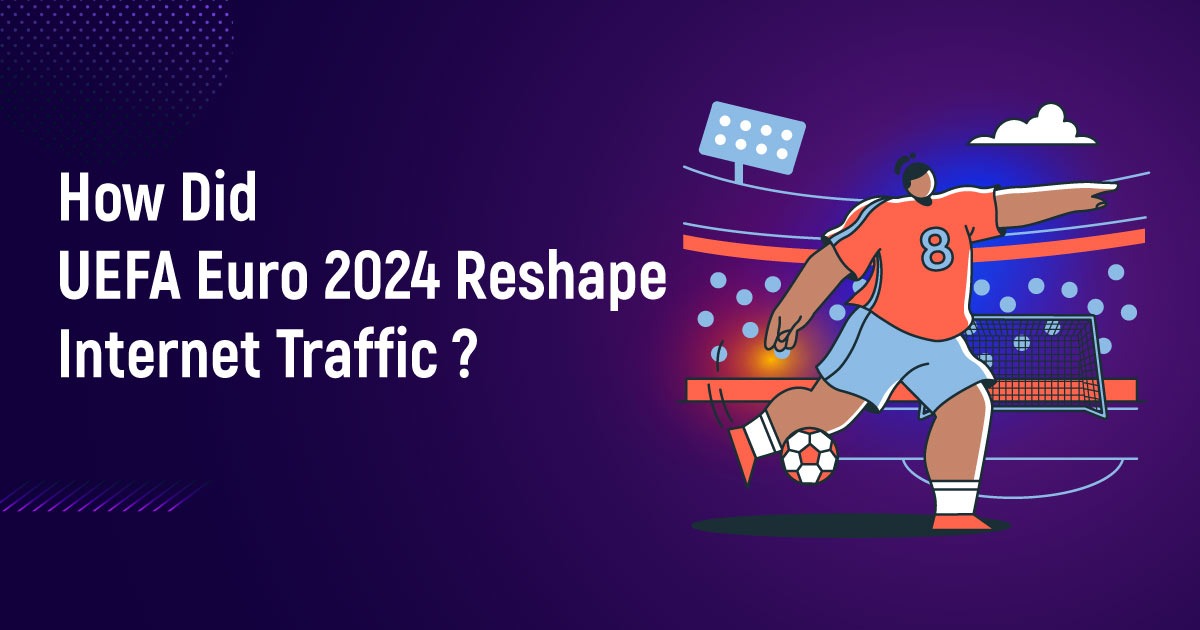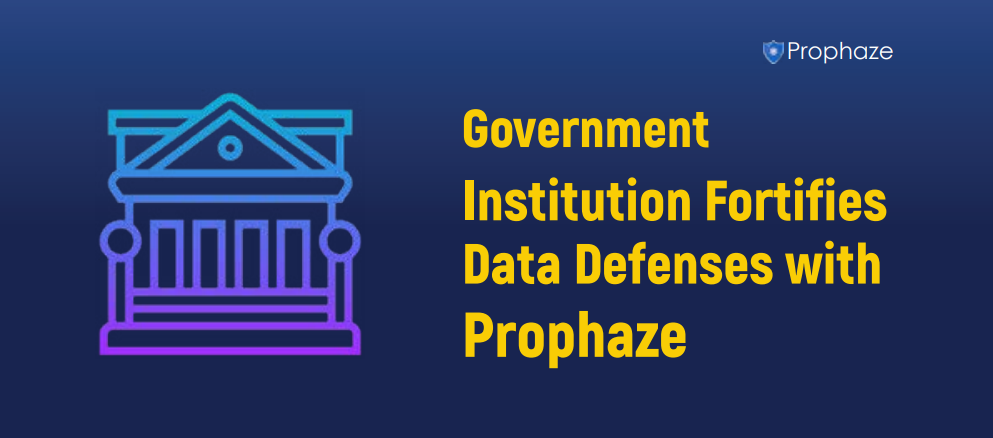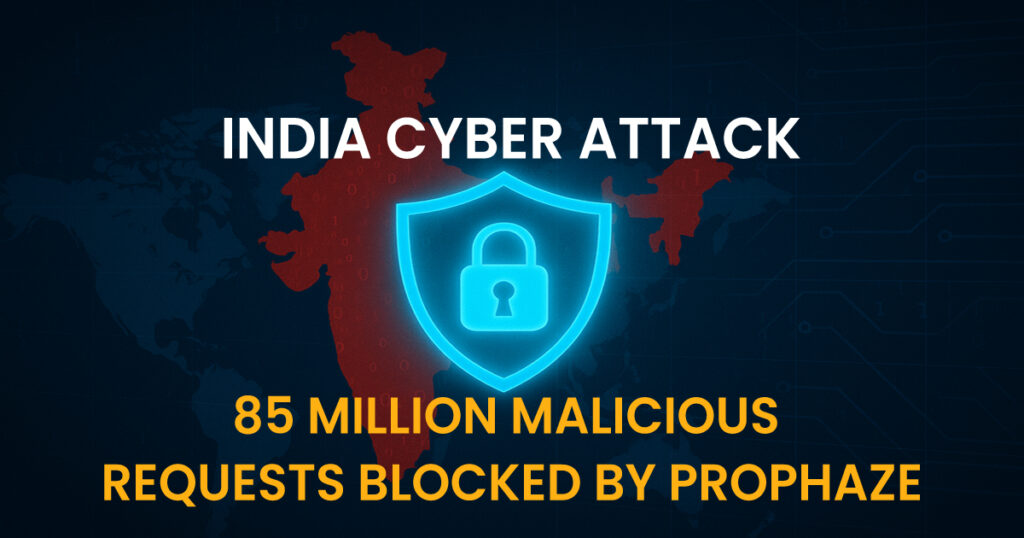As UEFA Euro 2024 captures football enthusiasts across Europe, it unveils deeper insights into online traffic trends and cybersecurity challenges The tournament, which ran from 14 June to 14 July, regularly exceptional athletic prowess and highlighted the vulnerabilities of digital infrastructure in the face of increasing cyber threats.
Analyzing Euro 2024's Impact on Internet Traffic
Euro 2024 left an indelible mark on the Internet travel system, highlighting specific trends across the participating countries:
Spain's Viewer Engagement:
Throughout the tournament Spain saw significant fluctuations in internet activity during crucial games against formidable opponents such as Italy and France The decline in Internet traffic and important objectives and defensive strategies coincided, underscoring the country’s strong communications for direct reporting.
England's Digital Preferences:
In contrast, England’s last tour of matches against Denmark and the Netherlands saw a clear drop in internet traffic at critical times These separations happened as desired emphasis on traditional media coverage of high-stakes tournaments.
Navigating Cybersecurity Challenges Amidst Euro 2024
In addition to sporting excitement, Euro 2024 presented a multi-faceted cybersecurity challenge:
Phishing Scams and Credential Theft:
Cybercriminals exploited fan fervor with phishing campaigns and credential theft, targeting eager supporters seeking tickets and supplies for Euro 2024. Not unlike these misdeeds not only destroyed trust but posed significant financial and reputational risk.
DDoS Attacks on Digital Platforms:
Distributed denial of service (DDoS) attacks disrupted online services and live streaming platforms at critical events. Such incidents highlighted weaknesses in the digital infrastructure supporting major sporting events, affecting spectator experience and organizational trust.
Emergence of Deepfake Technology:
The proliferation of deepfake technology brought new challenges, allowing threats to manipulate audio and video content to run misinformation campaigns or discredit athletes and executives This threat extended beyond competition to content about journalists’ integrity, and public confidence And there have been challenges.
Geopolitical Intrigues and State-Sponsored Threats:
Major sporting events such as Euro 2024 have become battlegrounds for domestic actors aimed at disrupting the issues and gaining global attention targeting critical infrastructure and networking influence of systems.
Building Resilience for Euro 2024 Cyber Challenges

Mitigating cybersecurity risks associated with major sporting events demands a unified and proactive approach:
Adoption of Robust Security Measures:
Implementing enhanced security measures, real-time threat monitoring and rapid incident response capabilities are critical to strengthening digital security.
Collaborative Efforts and Awareness Campaigns:
Engaging stakeholders, including event organizers, cybersecurity experts, and vigilant attendees participate in a collaborative effort to raise awareness of and importance of best practices for digital integrity protection.
Prioritizing Cybersecurity Resilience Beyond Euro 2024
As Euro 2024 draws to a close, its impact on internet traffic and cybersecurity resilience serves as a pivotal learning experience for future events. The forthcoming Summer Olympics in Paris and other international events stand to benefit from enhanced cybersecurity resilience and adaptive strategies. By prioritizing digital defenses and fostering a culture of vigilance, stakeholders can uphold the spirit of fair play and ensure a secure, memorable experience for participants and fans worldwide.












